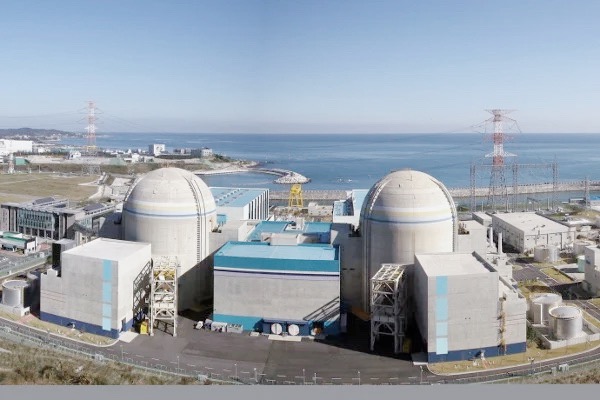
There have been controversial opinions about nuclear power plants for several years. Some believe that it is a reliable source of energy that is sustainable, but others view it as a dangerous source of energy that may give rise to safety issues. Nuclear power plants have slowly been phased out by former South Korean president Moon Jae-in, but as current South Korean president Yoon Suk-yeol plans to re-introduce nuclear power plants and build new ones, there have been conflicting views on the matter.
Recently, Korea Hydro and Nuclear Power (KHNP) confirmed that the nuclear power plant Hanbit Unit 4 resumed power generation on Dec 11th, with at least two nuclear power plants being constructed and renovated. South Korea is planning to have thirty percent of the nation’s power generation be composed of nuclear power by 2030 with the re-introduction of nuclear power plants starting in December as a first step.
People have been concerned about nuclear power plants since the meltdown of Japan’s Fukushima Daiichi nuclear power plant, as they saw numerous side effects that may proved fatal when nuclear waste leaked out. However, because South Korea has leading technology and is a major exporter regarding nuclear energy, the country is planning to increase its dependency on nuclear power plants. Currently, according to the World Nuclear Association, 25 domestic nuclear power plants are providing one third of South Korea’s electricity needs.
Other nations around the world have also been considering using nuclear power plants or increasing the number of nuclear power plants as an attempt to phase out fossil fuels and gravitate towards sustainable power generation. The Netherlands recently approved plans for constructing two new nuclear power plants.
Despite the introduction of nuclear power plants, Europe is also deeply divided on the matter of introducing nuclear power plants. Although France, Ukraine, and Sweden use nuclear energy frequently, the United Kingdom, Germany, and Belarus do not. Safety is the main concern, as nuclear waste leaks can provide serious complications, especially to nations that are in close proximity to each other such as Europe. There are also additional concerns such as the costs, as nuclear power plants are expensive to build and require careful supervision during their operation. They are also relatively slow to build, considering the fact that the Netherlands are looking at finishing construction of their new nuclear power plants by 2035.
Many experts view nuclear power plants as an interim while the nation moves towards sustainable development. Currently, solar energy and wind energy are not efficient, and does not produce enough power considering the funds that went into building and maintaining them. Although nuclear power plants may seem unsafe and unreliable, the consensus of environmental groups is that although there are limitations, nuclear power plants will work as an interim to the process of moving towards more sustainable and less harmful forms of energy. This means that when looking at sustainable development as a long-term goal, nuclear power plants can be a means to achieve that goal.


